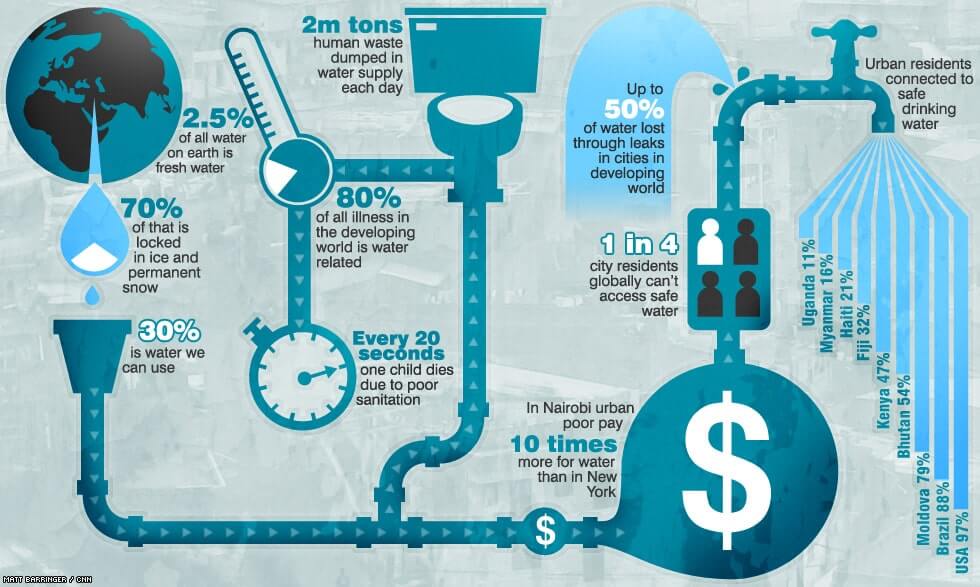Heatpump Vs Heating System - Which Is The Better Home Heating Option For Your Home?
Heatpump Vs Heating System - Which Is The Better Home Heating Option For Your Home?
Blog Article
Content Author-Rosenthal Blackwell
Lots of homeowners are familiar with heaters, which heat homes with oil or natural gas and push hot air with ductwork. They are reasonably affordable and can supply reputable heating also throughout a winter power blackout.
Nonetheless, they utilize nonrenewable fuel sources and produce carbon monoxide and other air pollution. They likewise aren't as energy-efficient as a high-efficiency heatpump.
Expense
Normally, heat pumps are more budget-friendly to run than heating systems. They normally make use of electrical energy and cooling agent to extract heat from outside air, and after that transfer it into your home. You can take advantage of cheaper power prices throughout off-peak hours to further lower your home heating prices.
Unlike heat pumps, gas or wood-burning furnaces use burning to produce warm, giving off flue gases right into the atmosphere that can be damaging to your health. https://www.wrex.com/news/top-stories/aaa-offers-hot-tips-for-motorists/article_9eb1d922-ebf2-11ec-8373-93e4ada773a5.html heating systems are likewise less energy-efficient than heat pumps, and their higher operating expense can add up over time.
Heating systems are a lot more complicated than heat pumps and call for routine maintenance to make sure the correct feature of all parts. In spite of this, they often tend to last longer than heat pumps with a normal lifespan of twenty years or even more. Nonetheless, you'll require to consider the cost of gas, fuel oil or timber and the added devices needed for installation and operation such as air ducts and air flow systems.
Power Performance
Heatpump have a higher energy effectiveness score than furnaces. These systems make use of electricity to scavenge warmth from the air, even in freezing temperature levels. They can likewise eliminate excess warmth from the home throughout warmer months and reuse it to cool down the system. Provider specialists can aid you figure out the best design for your home based on climate and resource energy prices.
Heating systems burn fuel oil, gas, gas or other sorts of fossil fuel to heat the air in the home. This air is after that dispersed with ductwork making use of a big fan. Furnaces produce greenhouse gases and need normal maintenance and devices upgrades to make certain safe procedure.
The biggest benefit of a heater is that it can be operated even in harsh winter season conditions because it does not count on outside temperature levels to warm the air. Furnaces likewise have a longer life-span than heat pumps and normally last 15 years. They can also be paired with twin gas options, which select one of the most efficient heating choice based upon the weather condition.
Environment
Heatpump function well in modest climates and utilize less source energy than heaters. Nevertheless, if your region is incredibly cold, you may need to purchase a common gas heating system instead.
Heaters give cozy, relaxing heat and usually offer fast heating to raise interior temperature levels. These systems can be made use of with a variety of gas kinds, consisting of gas, propane, oil or electrical energy.
They consume much more power than heatpump-- as much as 3x as much-- and call for ductwork that's pricey to set up or retrofit. They're additionally more costly to preserve, as they can create air high quality concerns and create greenhouse gas discharges.
If you're devoted to minimizing your carbon impact, a heatpump is an excellent option for your home. They have fewer greenhouse gas exhausts than furnaces, particularly if you pick a power STAR ® heat pump. Your local copyright specialist can explain the differences between these 2 heater and aid you make the most effective decision for your special needs.
Personal Preferences
Heaters can be really energy reliable when powered by natural gas, lp or oil, but they aren't as energy effective as heatpump in icy environments. They can also be extra costly to install, requiring gas lines and ventilation systems.
However, heating systems often tend to require less upkeep, which can cause reduced ongoing costs. They produce fewer greenhouse gases and are more reliable than heat pumps during severe weather condition.
Electric heat pumps are much more flexible in developing interior comfort since they can additionally act as air conditioning system during warmer months. They can be easier to maintain, calling for just normal air filter adjustments and occasional vacuuming.
If you favor the convenience of a solitary system that does it all, consider a hybrid heating remedy that sets a furnace with an electric heatpump. These systems can automatically switch over in between the two home heating alternatives based on your home's needs and temperature problems, maximizing effectiveness and savings.